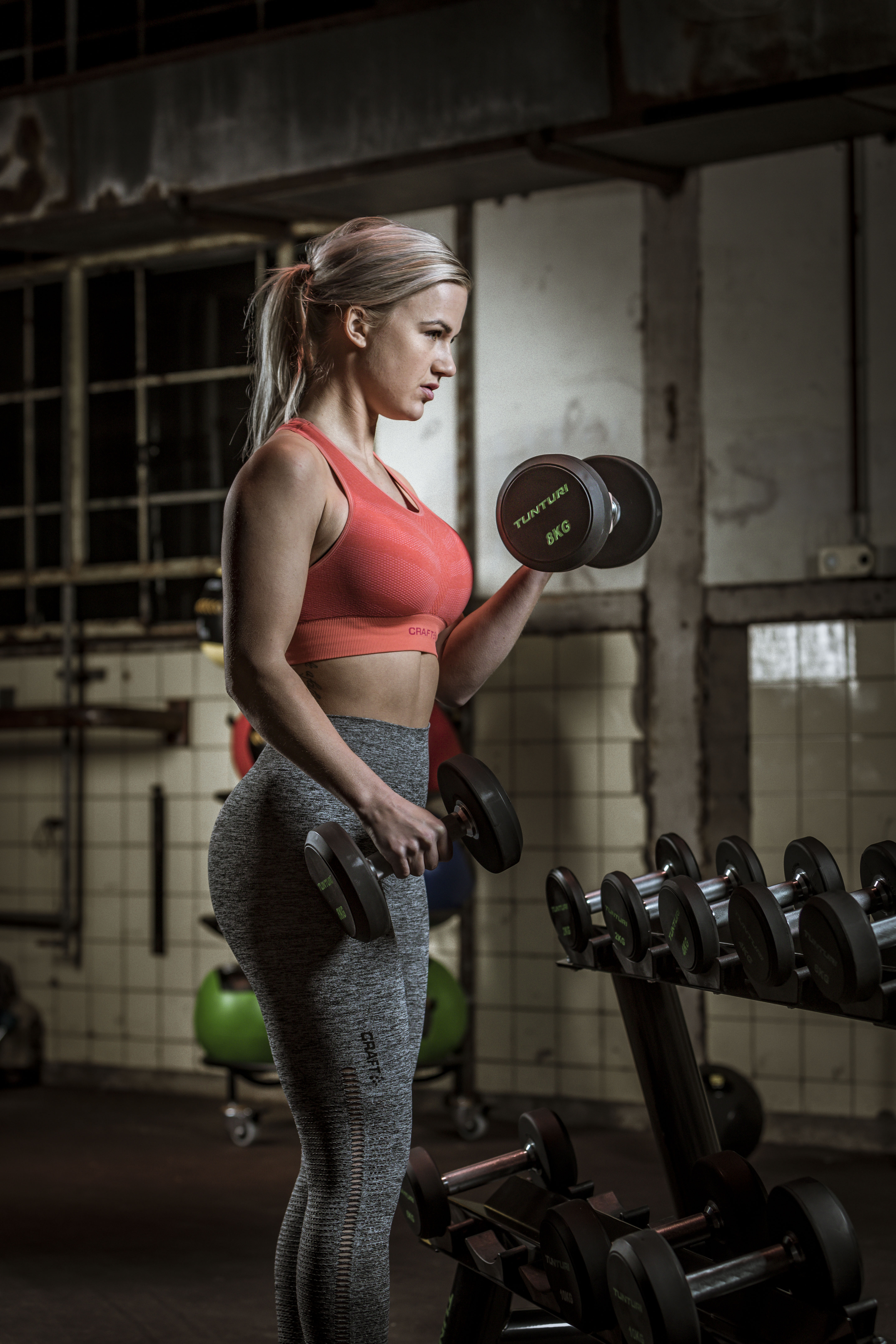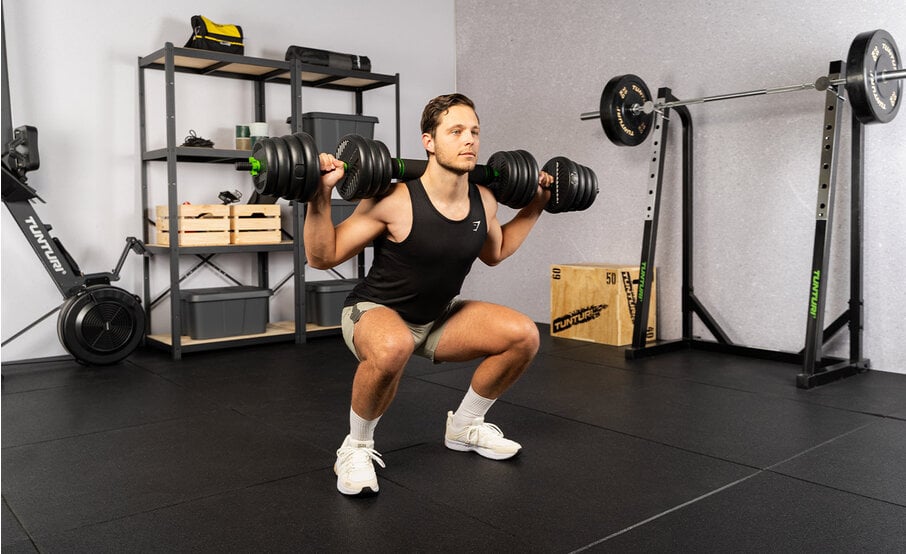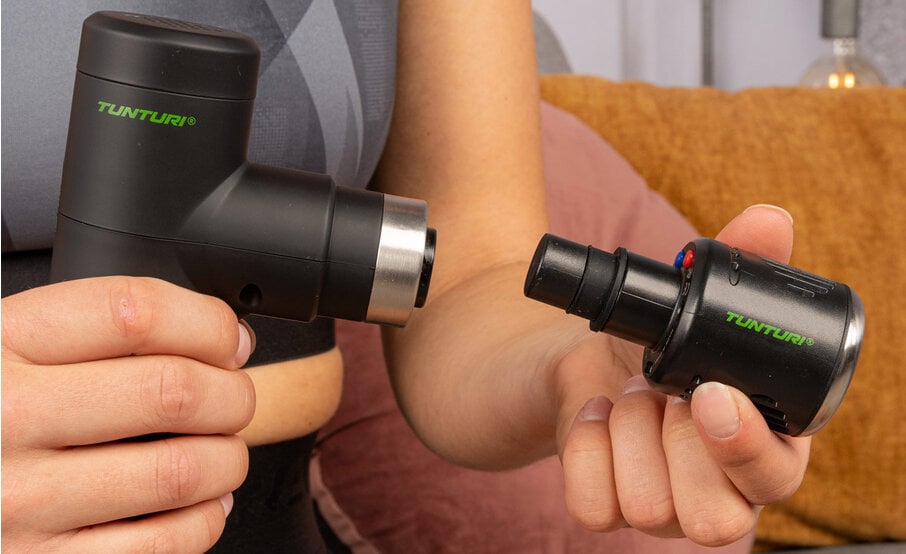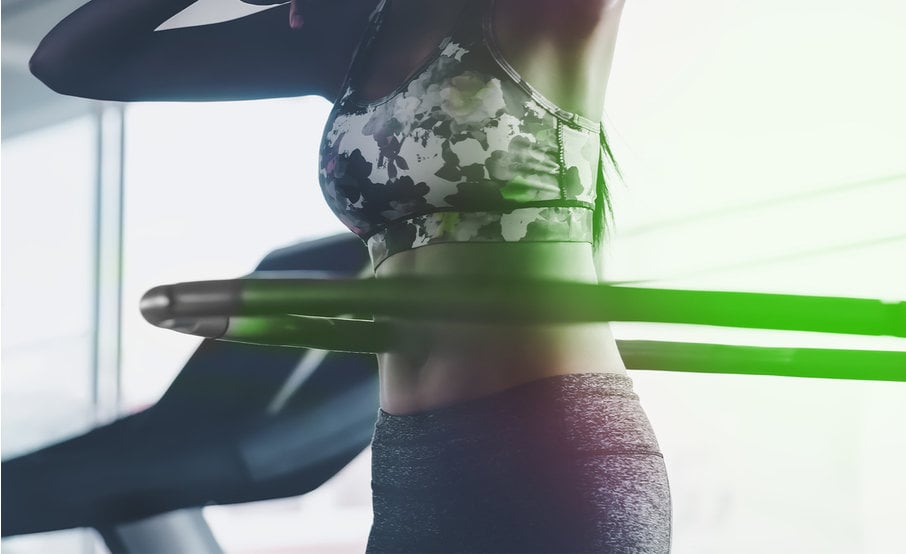Which dumbbell is best for me?
- Posted on
- Posted in Accessories, Functional training, Strength Training

Do you want to train with weights at home, but you don't fancy using halters? Then go for dumbbells! There are many advantages to training with dumbbells. We will discuss this in more detail. In addition, a number of dumbbells are reviewed, so that you can make a good choice as to which dumbbells suit you best.
Dumbbells have made a big comeback in recent years. And rightly so! There are many advantages to working out with these compact weights.
The advantages of training with dumbbells

1. You do a complete workout
With a good set of dumbells, you have the opportunity to train your whole body and work on your arms, shoulders, back, chest, abs, buttocks and legs.
2. Dumbbells are versatile
There is an endless choice of exercises with dumbbells, thus a workout never has to become a plain routine. And that challenges your muscles.
3. Train muscles independently
Training with dumbbells "forces" your body to make an equal effort on both sides. You can train your muscles independently. Does your strong side compensate your weak side? With dumbbells you will quickly find out and be able to correct it.
4. You train safely
Barbells or halters can be dangerous, especially with heavy weights, for example if you lose your grip and don't have a training buddy to keep an eye on you. You can easily drop a dumbbell if needed without hurting yourself.
5. You improve your stabilisation
Many dumbbell exercises require stabilisation, especially if you train both sides of the body separately. When training for stabilisation, more muscle fibres are activated, which has a positive influence on muscle growth.
6. You increase your range of movement
A larger range of movement is fine for training your muscles effectively. For example, if you are bench-pressing with a barbell, you cannot lower the bar all the way. So your movement is restricted. With dumbbells, you can easily sink a little deeper and adjust the height to give your muscles more of a challenge.
With a good set of dumbells, you have the opportunity to train your whole body and work on your arms, shoulders, back, chest, abs, buttocks and legs.
2. Dumbbells are versatile
There is an endless choice of exercises with dumbbells, thus a workout never has to become a plain routine. And that challenges your muscles.
3. Train muscles independently
Training with dumbbells "forces" your body to make an equal effort on both sides. You can train your muscles independently. Does your strong side compensate your weak side? With dumbbells you will quickly find out and be able to correct it.
4. You train safely
Barbells or halters can be dangerous, especially with heavy weights, for example if you lose your grip and don't have a training buddy to keep an eye on you. You can easily drop a dumbbell if needed without hurting yourself.
5. You improve your stabilisation
Many dumbbell exercises require stabilisation, especially if you train both sides of the body separately. When training for stabilisation, more muscle fibres are activated, which has a positive influence on muscle growth.
6. You increase your range of movement
A larger range of movement is fine for training your muscles effectively. For example, if you are bench-pressing with a barbell, you cannot lower the bar all the way. So your movement is restricted. With dumbbells, you can easily sink a little deeper and adjust the height to give your muscles more of a challenge.





